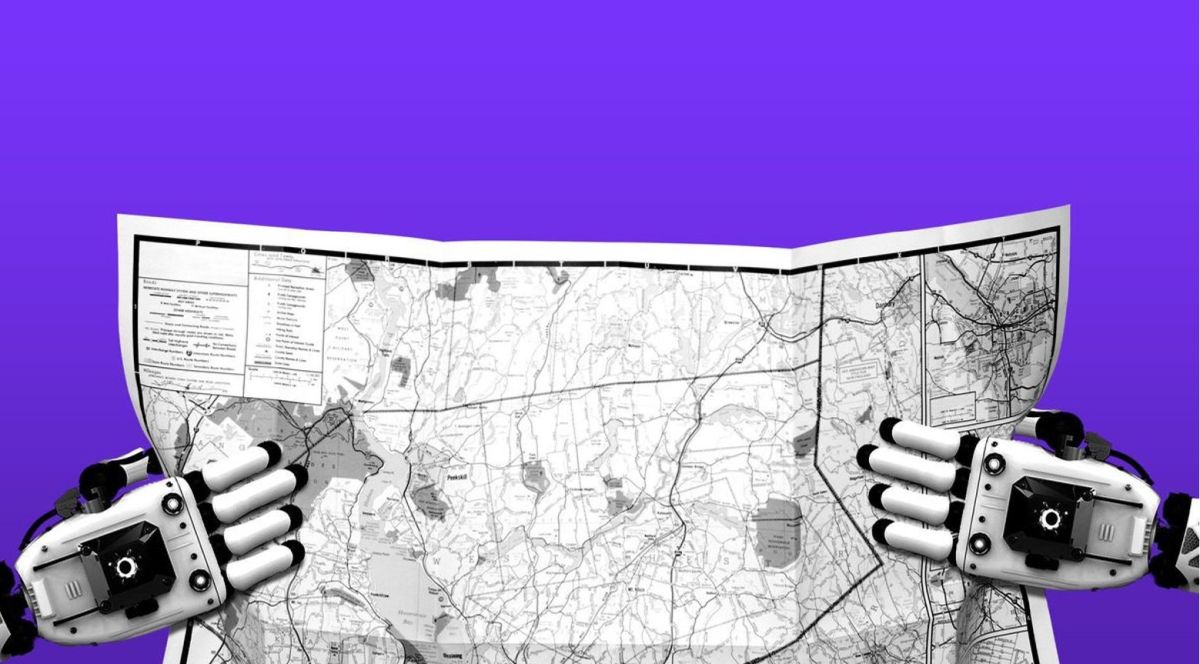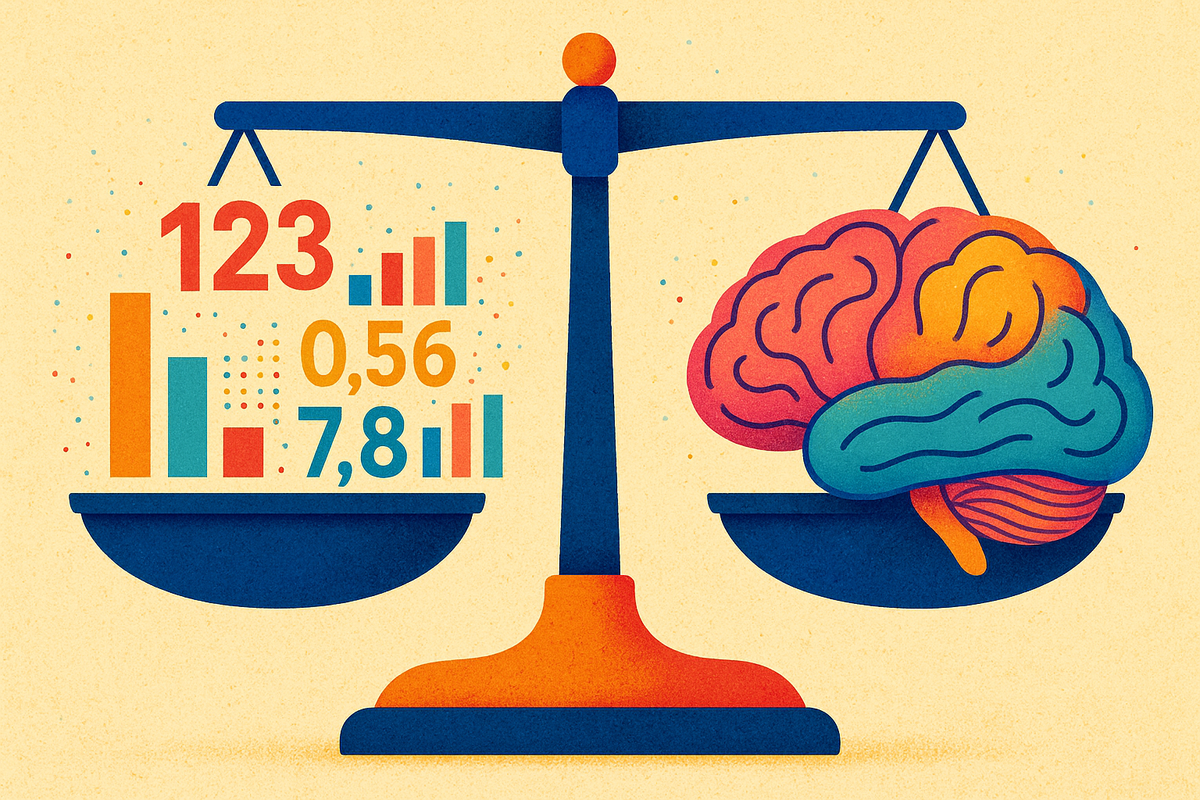Construction, eNews, Technology
AI revolutionizes construction industry

Artificial Intelligence (AI) is transforming the construction industry by revolutionizing how projects are designed, managed and executed. Through advanced machine learning, data analytics and automation, AI enhances efficiency, reduces costs and improves safety on job sites.
Why it matters: As AI continues to evolve, it is important for credit professionals to adapt and leverage these technologies to streamline credit management processes and enhance decision-making capabilities in an increasingly digital landscape.
Here are some ways AI technology is helping the construction industry:
Analyze and monitor legal documents
AI-driven contract analysis tools are automating the review process, allowing for faster and more accurate contract assessments. These systems can swiftly identify key terms, potential risks and anomalies within contracts, helping stakeholders make informed decisions.
For example, CONGA CLM (Contract Lifecycle Management) streamlines your CLM to improve your processes and your customers’ experience. “It scours our contracts and looks for risk transfer terms,” said Ty Knox, ICCE, director of credit and risk at EFCO Corp. (Des Moines, IA). “It’ll also compare it to our standard contract and deliver what’s different or what may be problematic.”
Natural Language Processing (NLP), a function of AI, enhances contract comprehension and management. It translates complex legal terms into plain language, making contracts more accessible to non-lawyers. NLP also automates tasks like identifying key clauses, spotting risks and comparing contracts.
Lawyers have been cautious about using models like ChatGPT for contract generation, which could eventually lead to issues around confidentiality and plagiarism. Some lawyers have run into issues with AI apps creating nonexistent case law when using the tools to help them write briefs.
Enhanced safety
AI can ensure construction projects adhere to environmental regulations and safety standards. By analyzing data related to compliance requirements, AI can help construction firms avoid costly fines and delays due to regulatory violations.
Enhancing safety through automated transcription and analysis of safety conversations is one of the ways AI can be leveraged. For instance, SmartTagIt, a safety data analysis solution from FactorLab, automatically transcribes recorded conversations and translates them between Spanish and English as needed.
Monitoring the progress of construction projects in real time has become feasible with AI-powered systems. They track project milestones, budget and contract compliance, and alert project managers to any deviations, allowing prompt corrective action.
Improved decision-making
Processing large datasets and offering valuable insights are now tasks that algorithms handle adeptly. In construction contracts, they aid decision-making with data-driven recommendations, such as selecting cost-effective suppliers, optimizing resources, and managing project timelines efficiently.
Streamlining construction credit becomes feasible by quickly processing and analyzing large data sets. Additionally, eliminating any potential for human bias, whether conscious or unconscious, is advantageous for construction creditors. “I could, for example, see AI processing credit applications and making recommendations for credit lines,” said Alissa Brown, credit manager at Koch Air LLC (Evansville, IN).
Predictive analytics for risk mitigation
Construction projects are complex and risky. AI can analyze data to predict risks in contracts, helping to identify and manage them early. This proactive approach saves time and resources, ensuring successful and profitable projects.
Here are a few ways predictive analytics can be applied to construction projects:
- Cost estimation
- Procurement optimization
- Scheduling
- Risk identification
- Worksite optimization
- Improving outcomes
Yes, but: While AI is improvingthe construction industry, more progress is needed to reduce uncertainty. Few credit professionals are actively using AI in construction projects. “I’ve only used AI to review basic contract language and provide less onerous suggestions than those proposed by our clients,” said Erik Wright, CBF, controller at Spectrum Engineers, Inc. (Salt Lake City, UT). “It’s extremely helpful for starting contract negotiations and saves me a lot of time, although it doesn’t replace human review.”
One critique is that AI is better suited for tasks with predictable outcomes. “AI wouldn’t be widely useful on the back end as each construction job we review for credit is unique,” Brown said. “The different states, different statutes, different materials and different roles in the supply chain could impact lien rights or bond rights, changing the credit decision.”
What’s next: 3D-printed concrete has been used to create homes, military barracks, office buildings and even a bridge. Concrete.ai, an AI and machine learning (ML) platform, applies pioneering data analytics to revolutionize ready-mix concrete production.
The bottom line: As AI continues to advance in the construction industry, credit professionals must stay informed and prepared to leverage these technologies effectively to navigate the evolving landscape of credit management in construction projects.





